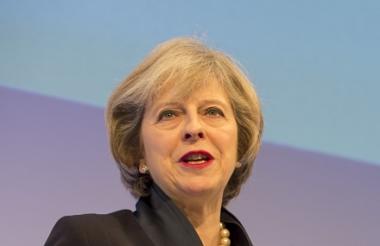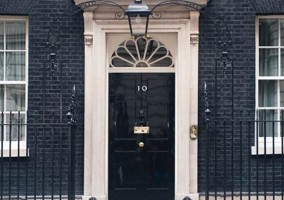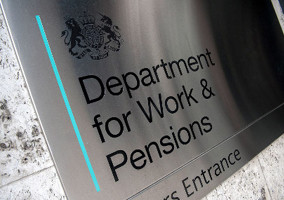Theresa May has told charities they should not be stopped from “fairly criticising” government departments or policy.
The Prime Minister wrote to NCVO this week, after the umbrella body had raised concerns following an article in The Times about non-disclosure agreements, known as “gagging clauses”, used in government contracts.
Last month, The Times reported that the clauses appeared to prevent charities from speaking out, particularly about the failed probation reforms, implemented by the Ministry of Justice, and about the impact of universal credit, implemented by the Department for Work and Pensions (DWP).
But in her letter dated 3 December, May denied that the provisions are gagging clauses and says they would “never be used as a means of attempting to stifle debate or prevent legitimate criticism”.
She said: “I want to be clear that these provisions are in no way ‘gagging clauses’. They do not stop providers or affiliates from fairly criticising government policy.”
However, she said that the government will look at clarifying future contracts and grant agreements in order to address the “unfortunate perception” that has arisen regarding the clauses.
Sir Stuart Etherington, chief executive of NCVO, said May’s letter was “a clear statement that the Prime Minister believes charities should be uninhibited in speaking out about the facts they're finding on the ground”.
Writing on NCVO's blog, he said: "I hope this will give charities confidence that their right to campaign and their role in informing the development of public policy are recognised and respected."
He said NCVO will continue “to push for further changes that will ensure charities are free to speak truth to power”.
“Given the scale of the challenges we face at present, and are likely to face in future, we must continue speaking truth to power without hindrance,” he added.
DWP letter
Esther McVey, work and pensions secretary, also wrote to NCVO last month, saying she did not want to “stifle” conversations with providers over service delivery.
She said: “Civil society organisations, whether they are employed by the department or not, have a right to raise their opinions and ideas.”
Last week, the government published a new code of conduct for grant recipients, which said it expects organisations “to speak out, without fear of consequences, when a grant-funded project or activity is unlikely to succeed because of our behaviours or a lack of good governance”.
|
Related articles












